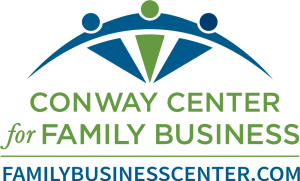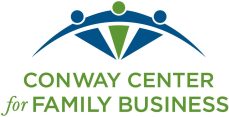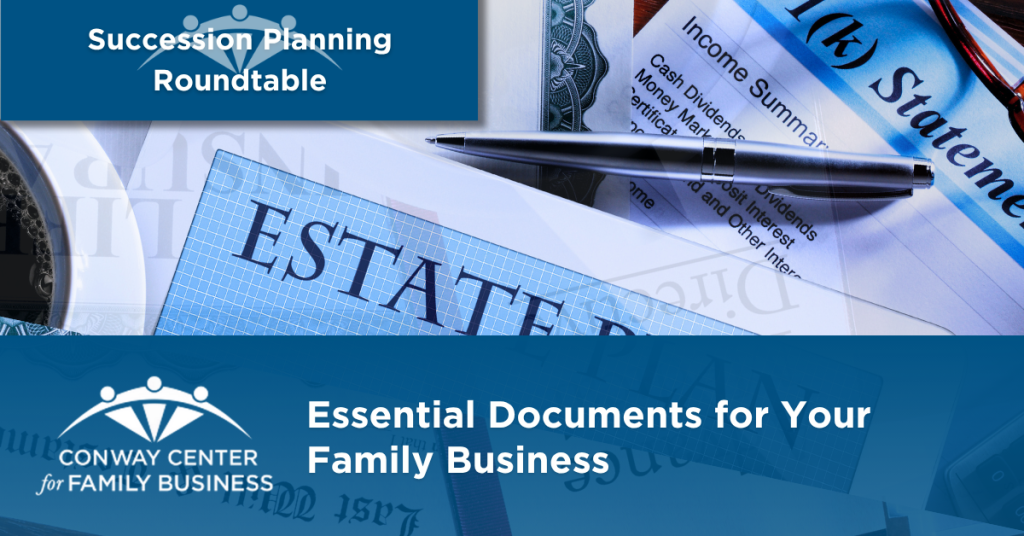At the Succession Planning Roundtable: Back to Basics - Essential Documents for Your Family Business, Bea Wolper with Emens Wolper Jacobs & Jasin and Meredith Sugar with Taft/ facilitated a highly informative and engaging roundtable discussion focused on the foundational legal documents every family business needs. The conversation was filled with practical advice, cautionary tales, and actionable steps to help families avoid probate, minimize taxes, and ensure a smooth transition of leadership and ownership across generations. Here are a few key takeaways from this essential conversation for family business owners and their advisors.
Estate Planning Documents
Estate planning was a primary focus of the roundtable, with both facilitators stressing the urgent need to go beyond basic wills. A robust estate plan typically includes:
- Revocable trusts - This type of trust allows you to retain control, enabling you to modify the trust’s terms during your lifetime. This is also known as a living trust.
- Wills - Though a quality estate plan goes beyond just a will, it is still a vital document that determines how your assets are distributed after death. An important note to add to your will should basically say, “If I forgot anything, put it in my trust”.
- Transfer on Death (TOD) designations - TODs are short documents that assign the designation of certain items upon death. The TOD should have a back up designation to your trust if the original person designated is deceased or otherwise not eligible. TODs can also be referred to as a Payable on Death (POD).
A revocable trust enables seamless management during a person’s lifetime and avoids the need for probate after death. By properly titling all assets, including real estate, corporation stock, LLC membership interests, bank accounts, life insurance policies, and even collectables, into the trust, families can avoid the drawn-out and expensive probate process. And don’t forget “forgotten assets” like boats, timeshares, mineral rights, or family vacation homes. These are often omitted from estate plans but can create big complications later. To remain effective, estate plans should be updated at least every five years or upon major life changes. As the facilitators emphasized, even the best plan becomes outdated quickly if it doesn’t reflect life changes such as new marriages, deaths, births, divorces, business changes, or tax law updates.
Remember, TODs and beneficiary designations override your trust and can change your entire estate plan. Failing to update these, blank forms or conflicting documents may delay transfers and cause family rifts. Create a master asset list and coordinate all titles with the estate plan to avoid surprises.
Buy-Sell Agreements
Every family business should have a buy-sell agreement in place. This legally binding document outlines what happens to an ownership interest in the event of death, divorce, disability, dissension, retirement, or termination of employment. Without one, disputes are nearly inevitable (and often litigated). Key elements discussed include:
- Buy-Sell Procedures - The document itself serves as the vital outline for business succession planning, regardless of the outcome. This is especially important if you have multiple partners. This document must be titled correctly and can include valuable provisions, such as payment overtime rather than a lump sum, which could protect a business in the event of an unexpected change.
- Put and Calls - Outlines a plan for when shareholders want to either sell (put) or buy (call) assets. Provides clarity to both active and inactive shareholders and can address potential issues with non-active owners.
- Valuation - It is vital to the buy-sell process to ensure fair buyouts to get a valuation by a certified appraiser and to maintain regular valuations. The best way to reduce IRS scrutiny, and required, is to retain a certified valuation expert to appraise the company.
Buy-sell agreements can act as a bridge to the next generation, making transitions smoother and more equitable. They protect both the business and the family from emotional and financial upheaval.
Prepare your Documents Today to Protect Tomorrow
Whether your family business is just starting or entering its third generation, getting your essential documents in order is critical. Clear estate plans, thoughtful buy-sell agreements, and detailed asset documentation protect your family, preserve your wealth, and support a legacy that can thrive for decades to come. To get started, take a look at the The Personal Security Checklist to get an idea what you have and what you need. When family and business intersect, a proactive legal strategy isn’t just smart, it’s essential.
 Our next Succession Roundtable will discuss Effective Family Business Succession Plans on 8/28. Contact Amy at adotts@familybusinesscenter if you have any questions.
Our next Succession Roundtable will discuss Effective Family Business Succession Plans on 8/28. Contact Amy at adotts@familybusinesscenter if you have any questions.
Take a look at more of our Family Business Insights.
*Please note that this is not legal advice and you should consult with an estate attorney about the best plan for your family business essential documents.

